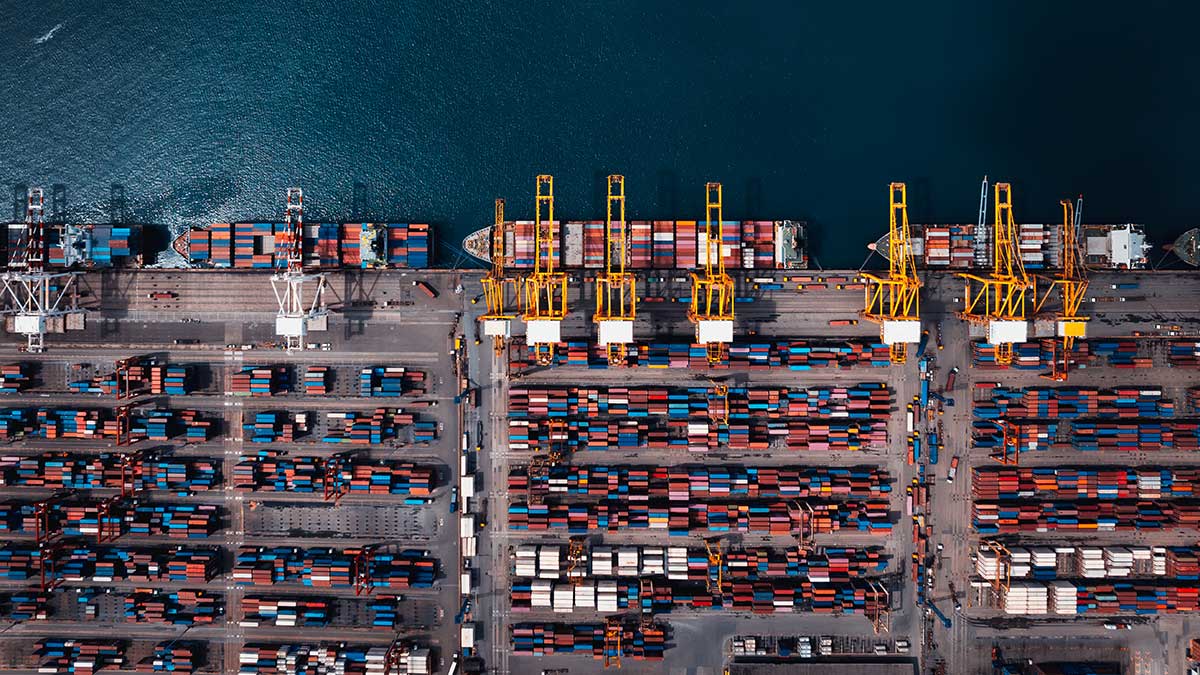Real-time data and simulation approaches for logistics and transportation.
In recent years, global freight transportation has come under pressure due to a series of extraordinary events. The Covid-19 pandemic, the blockade of the Suez Canal in 2021 and the war in Ukraine caused a noticeable disruption to the international logistics network. Extreme weather events such as floods and wildfires also put additional strain on the system. Their frequency is likely to increase further due to climate change.
The SARIL project aims to develop decision support systems and provide recommendations for resilient and sustainable transportation and logistics networks. The research is in line with developments to fulfill the EU’s European Green Deal and the United Nations’ Sustainable Development Goals. As the transport sector is a major contributor to climate-damaging emissions, it will need to undergo a significant transformation towards more sustainable solutions. In order to reduce emissions and improve data exchange, it is important to combine different means of transportation in a sensible way. This is where synchro-modal approaches come in and also use physical internet concepts to ensure that efficiency and sustainability go hand in hand.
The SARIL project was funded by the EU and is coordinated by Fraunhofer EMI. It brings together research organizations, universities and companies from all over Europe as well as the European technology platform ALICE.
The proposed solutions will be demonstrated at three different levels, i.e. a regional scenario, a national/cross-border scenario and a European scenario. The scalability of the developed solutions is a key concern within the project.
